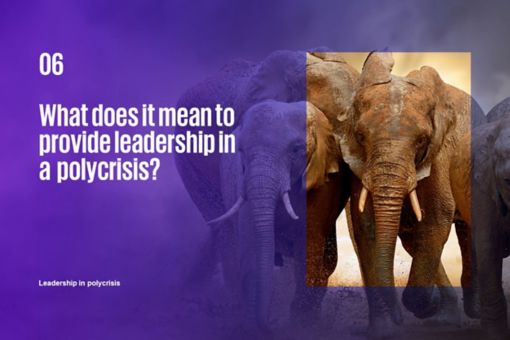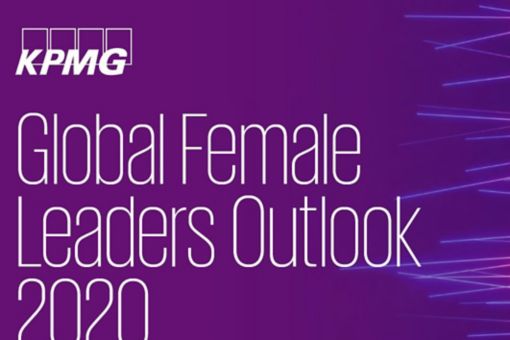How do global top female leaders assess the growth opportunities in the polycrisis? What trends do they see in digital transformation and ESG? What personal leadership style is currently important - and what about gender equality and their own career opportunities?
We asked female executives these and many other questions in the Global Female Leaders Outlook 2023. We believe it is essential to separately highlight their perspectives, experiences, and forecasts in times of profound macroeconomic and geopolitical upheaval and to present their valuable contribution to increasing corporate resilience. The participants are shaping the economic and social future. They show confidence and provide surprising new impulses, as the remarkable results of the study show.
Global Female Leaders Outlook 2023 continues our series of studies identifying the perspectives of female leaders. It is our fourth edition. Since 2018, 4,195 women from more than 50 countries have participated in our surveys. In 2023, there were 839 top female executives from more than 55 countries, including the U.S., Germany and Brazil with the highest number of respondents. Participants were asked a total of 73 questions.
Key Insights
- 87 percent consider adaptability to be the most important success factor for increasing corporate resilience.
With 55 percent, most consider strategic thinking to be particularly crucial to their own professional success.
77 percent, most consider strategic thinking to be particularly crucial to their own professional success.
The extraordinary challenges of the polycrisis are viewed positively by 72 percent.
80 percent have already changed companies at least once in order to take the next career step.
- 51 percent say their company still has the "old boys club": a male network.
74 percent say that employee retention and training will be a priority in the future.
59 percent plan not to be a "first mover" or "fast follower" in the area of digitization and technology.
The complexity of tasks has increased in the polycrisis, 90 percent.
84 percent expect growth for their company in the next three years.
More than 50 hours per week are worked by 56 percent of top female managers - the majority.
For only 4 percent, a partner has primary responsibility for the household.











